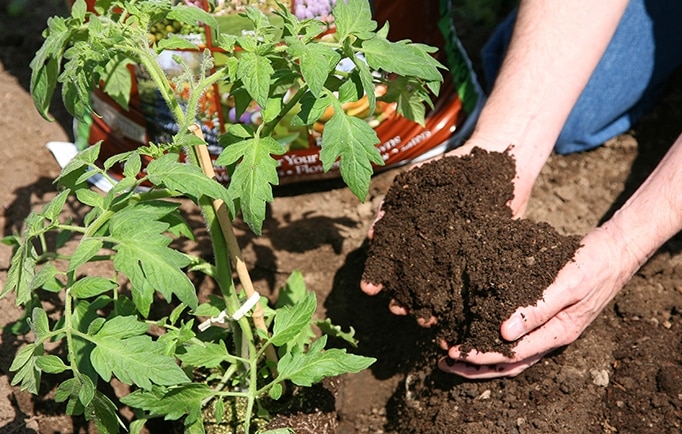Our Fertilizer
fertilizer, natural or artificial substance containing the chemical elements that improve growth and productiveness of plants. Fertilizers enhance the natural fertility of the soil or replace chemical elements taken from the soil by previous crops.

OUR PRODUCTS
Vermicompost (vermi-compost
Vermicompost is an excellent fertilizer that can be used in addition to synthetic fertilizers or as a safe and effective alternative. It’s high on nutrients, especially micronutrients and beneficial microbes, which makes it perfect for use with any crop.
Granulation
Granulation is part of the value chain and a process that increases particle
size, reduces loss and guarantees more precision in field applications of
fertilizers.
Manure
Manure is obtained naturally by the decomposition of dead plants and animals. Fertilizers are chemical substances and are not typically natural. It is not very rich in nutrients. It is rich in soil nutrients like nitrogen, phosphorous, and potassium.

Importance of Fertilizers
Fertilizers replenish the nutrients lost by crops in the soil. Crop yields and agricultural output would be dramatically lowered if fertilizers were not used. Mineral fertilizers are used to enhance the soil’s nutrition pool with minerals that are easily absorbed and utilized by plants.
As a result, we must replace what we take out in order to meet human nutritional demands in the crops and meat we eat. The objective is to strike the appropriate balance and maintain a level of nutrients in soils that will support our crops without using excessive amounts of fertilizer.
Simply Said, Fertilizer is Used to:
Provide nutrients that are not found in the soil.
Replace nutrients that were removed during harvest.
To improve the quality of your food and increase your yield, balance the nutrients.
How To Choose The Right Type Of Fertilizer
Choosing the right type of plant fertilizer depends on several factors, including the type of cultivated crops, the soil condition, and the specific nutrient needs at different environmental conditions and plant growth stages. Here are some steps to help you determine the best type of commercial fertilizer:
- Conduct soil testing to identify any nutrient deficiencies or excesses.
- Find out the specific nutrient requirements of your crops at the given stage of their growth.
- Choose a fertilizer type with an NPK ratio that matches the needs of your crops. Some plants, like leafy greens, thrive with more nitrogen, while others, like flowers, might benefit from more phosphorus.
- Be cautious of the environmental impact of the fertilizers you choose. In terms of both greenhouse gas emissions and water pollution, synthetic N-fertilizers stand out as particularly harmful.
Finally, remember that, even with the right type of fertilizer for your crops, the right dosage is essential. By applying just the proper amount, you can prevent soil salinization, leaching, and other detrimental effects of overfertilizing. Today’s agricultural technology makes precise fertilization a breeze. In the long run, yields and the environment will both gain from this.

